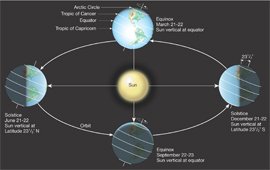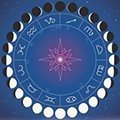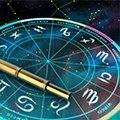The equinox and solstice day 2024
The spring and autumn equinox is an astronomical phenomenon, in which the day is equal to the night, they mark the change of the seasons. We know that the spring and autumn equinox comes at a time when our Sun in its yearly movement through the ecliptic crosses the celestial equator. These points respectively - are in the constellations of Pisces and Virgo. The vernal equinox day is the beginning of the astronomical spring.
In the days of the solstices, our daylight reaches the extreme points of its annual path across the sky - in summer it deviates 23.4 degrees north from the celestial equator, in winter 23.4 degrees south. Therefore, in June the Sun more illumines the northern hemisphere of the Earth - and at the time of the solstice here comes summer - and at the end of December - the southern, and we are at this time comes winter (and summer in the southern hemisphere).
Below you can see the exact dates of the spring and autumn equinoxes, just like the winter and summer solstices. City Tashkent.
| event | date Time |
| Equinox spring | 20 march at 08:06 we |
| The summer solstice | 21 june at 01:50 fr |
| Equinox in the autumn | 22 september at 17:43 su |
| Solstice Winter | 21 december at 14:20 sa |
These dates were among the most revered in the pre-Christian period. Sunspot, curl, equinox, solstice - names of sunny holidays, which are also called the four hypostases of the Slavic Dazhdbog, which is the Sun itself - the son of Svarog.
- Christmas carol - winter solstice (December 21-22);
- Maslenitsa or Komodetsy - the day of the vernal equinox (March 21-22);
- Kupailo (Kupala) - summer solstice (June 21-22);
- Radogoshch (Svetovit, Veresen, Tausen) - the autumn equinox (September 22-23);
Kolyada is a winter solstice or the longest night of the year. During this period, the young sun Carol replaces the old-sunshine Svetovita. Therefore, the light time of the day starts to increase from this day. Changed the church for Christmas Christ.
Maslenitsa or Komodetsy - the day of the vernal equinox (day and night are equal in time), farewell to winter, the burning of the effigy of Marena, the meeting of spring and the Slavic New Year. The date of March 21-22 is also the beginning of the astronomical spring. The day from this day is longer than the night. Yarilo-Sun replaces Kolyada and chases Winter-Maren. Traditionally, this mass was celebrated for two weeks.
Kupailo is the summer solstice. The longest day and the shortest night of the year. The last day of the Mermaid Week or the Rusal. Kupala is one of the oldest holidays, which has preserved many traditions and customs unchanged up to our days, for example: the funeral of Yarila, which is replaced by the God of the summer sun Kupala, the collection of medicinal herbs, the search for a flower of a fern, etc. Kupailo is also a great holiday, which is now replaced by the church on the birthday of John the Baptist.
Radogocsch (Svetovit, Veresen, Tausen) is the day of the autumnal equinox (day and night are equal in time). On this day the Sun-Old Man Svetovit comes into the law. The night is longer than the day. It is both a sunny holiday and a harvest harvesting holiday. It was replaced by the church for the Nativity of the Blessed Virgin.

The exact time in Tashkent
The server of the exact current time in the cities of Europe, Latin America, North America, and others. Go
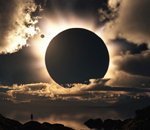
Solar eclipses
The astronomical phenomenon, which consists in the fact that the Moon eclipses the Sun from the observer on Earth. Go
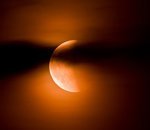
Lunar eclipses
Lunar eclipses occur when the natural satellite of the Earth - the Moon appears in the shadow of our planet. Go
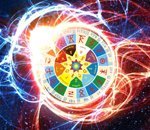
The solar horoscope
Solar horoscope - this is the forecast for the year for a particular person, this is an important part of predictive astrology. Go
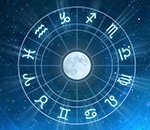
Lunar horoscope
The lunar horoscope is made for the time of the return of the moon to the natal position, the forecast for the month. Go



